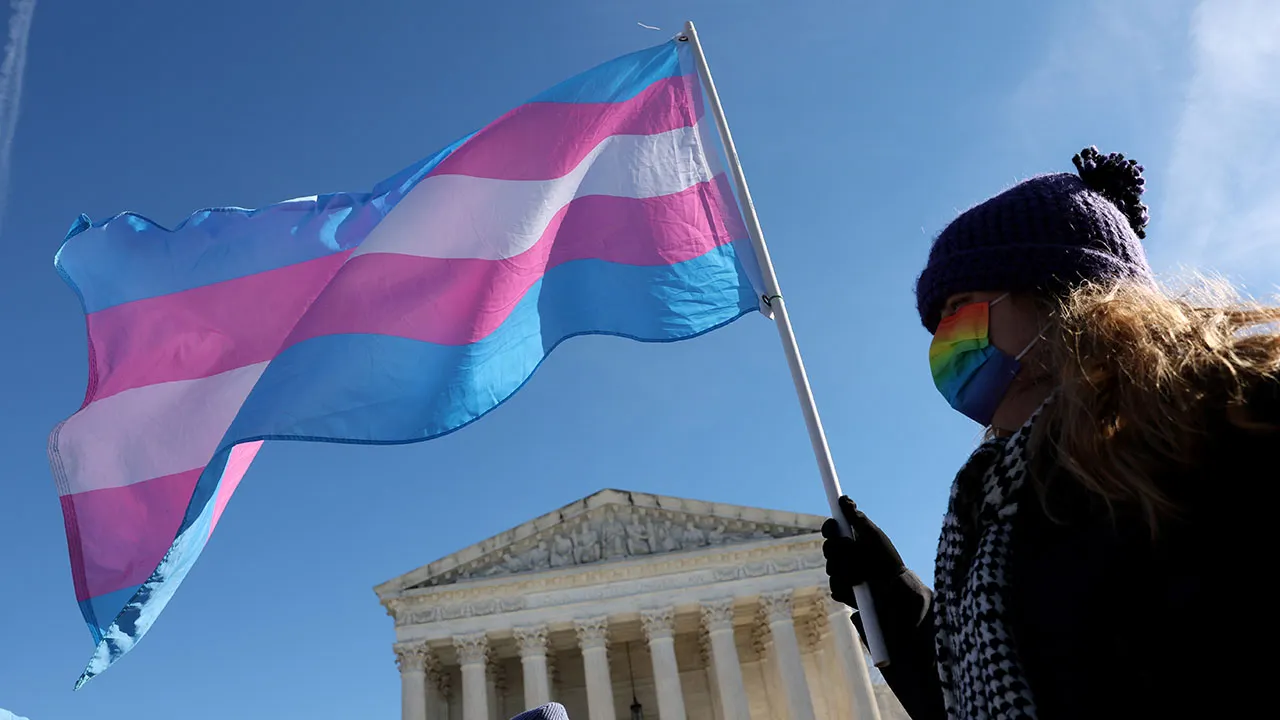Understanding Puberty Blockers: The Science, Debate, and Implications
The discussion surrounding puberty blockers for minors has become a focal point of intense debate among parents, medical professionals, and lawmakers. As more young individuals express gender dysphoria, the availability and implications of these treatments have come under scrutiny. The complexities of the science behind puberty blockers, along with the ethical considerations and societal impacts, necessitate a thorough examination of this contentious issue.
The Science Behind Puberty Blockers
Puberty blockers, also known as gonadotropin-releasing hormone (GnRH) agonists, are medications designed to pause the physical changes associated with puberty. They have been used for decades to treat precocious puberty and other hormonal disorders. In the context of gender dysphoria, these blockers allow minors to delay the onset of secondary sexual characteristics, providing them time to explore their gender identity without the distress associated with unwanted bodily changes.
Mechanism of Action
Puberty blockers work by inhibiting the release of hormones that trigger puberty. By blocking these hormones, the treatments prevent the development of traits such as breast development in biological females or facial hair growth in biological males. This reversible approach is often seen as a way to alleviate the psychological distress faced by transgender youth while they navigate their identities.
Current Research and Evidence
While puberty blockers are viewed as a beneficial option for some minors, the research surrounding their long-term effects is still evolving. Studies indicate that these medications can lead to improved mental health outcomes for transgender youth, including reduced rates of depression and anxiety. However, critics argue that the long-term consequences of delaying puberty remain largely unknown.
- Potential benefits: Improved mental health, reduced feelings of dysphoria.
- Concerns: Unknown long-term effects, potential impact on bone density, and fertility issues.
The Ethical Dilemma
As the debate intensifies, ethical considerations loom large. Parents and guardians often find themselves in a difficult position, balancing their child’s expressed needs against the potential risks involved in medical intervention. The decision-making process can be fraught with emotional turmoil, especially given the societal stigma that transgender individuals still face.
Informed Consent and Autonomy
One of the primary arguments in favor of puberty blockers is the concept of informed consent. Advocates assert that minors should have the autonomy to make decisions regarding their bodies, particularly in the context of gender identity. However, opponents argue that minors may not fully comprehend the long-term implications of such medical interventions.
Experts stress the importance of thorough counseling and psychological evaluation before initiating treatment. According to the World Professional Association for Transgender Health (WPATH), a comprehensive approach that includes mental health support is crucial in guiding minors and their families through the decision-making process.
Legislative Landscape
The landscape surrounding puberty blockers is further complicated by legislative actions across various states. Some lawmakers have proposed bills that restrict access to puberty blockers and hormone therapy for minors, citing concerns over the potential risks and the need to protect children.
State-by-State Variations
As of late 2023, states like Arkansas and Texas have enacted laws that limit access to gender-affirming care, while others, such as California and New York, have moved to protect and expand access. This patchwork of legislation has created a confusing environment for families seeking care for their children, often forcing them to navigate a complex and rapidly changing legal framework.
- States with restrictive laws: Arkansas, Texas, Tennessee.
- States promoting access: California, New York, Illinois.
Broader Societal Implications
The ongoing debate over puberty blockers extends beyond medical and legislative spheres, touching on broader societal issues such as acceptance, education, and the rights of transgender individuals. As awareness of transgender issues continues to grow, so too does the necessity for informed discussions that include diverse perspectives.
Education and Awareness
Educational institutions play a vital role in shaping the narrative around gender identity and the use of puberty blockers. Implementing comprehensive sex education that includes discussions about gender identity and the medical options available can foster a more accepting environment for all students. By educating both students and parents, schools can help demystify the complexities surrounding transgender health care.
Support Systems
Support systems, including peer groups and mental health resources, are essential for transgender youth navigating their identities. Organizations such as PFLAG and the Trevor Project provide crucial support and information for families and individuals facing these challenges. Encouraging open dialogue and creating safe spaces for discussion can significantly impact the well-being of transgender minors.
Conclusion: A Call for Clarity and Compassion
The conversation surrounding puberty blockers for minors is complex and multifaceted, characterized by scientific uncertainties, ethical dilemmas, and varying legislative landscapes. As society grapples with these issues, it is essential to prioritize clarity and compassion in discussions about gender-affirming care.
Ultimately, the well-being of transgender youth should be at the forefront of this debate. Providing families with accurate information, comprehensive support, and access to qualified medical professionals can help ensure that minors receive the care they need in a safe and affirming environment. As we continue to unravel the uncertainties surrounding puberty blockers, fostering a culture of understanding and respect will be vital in supporting all individuals on their journey of self-discovery.
See more WebMD Network



